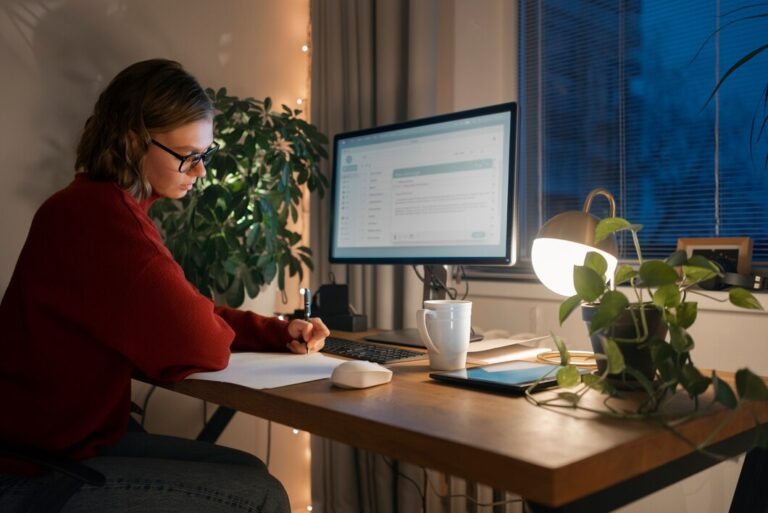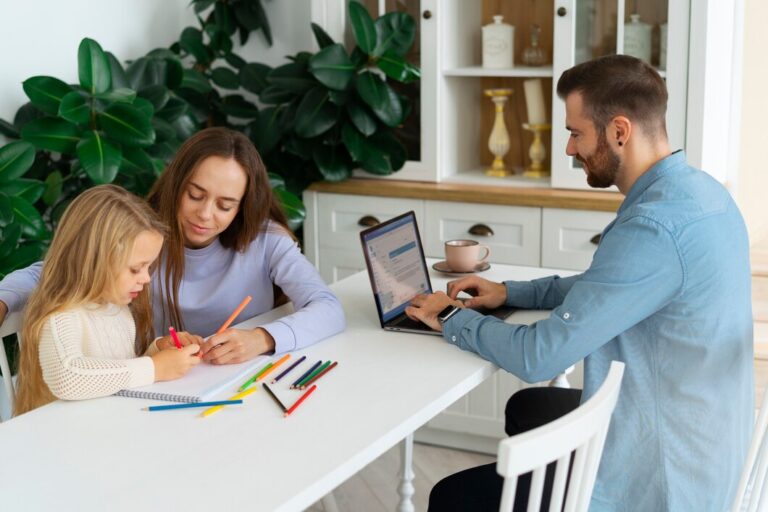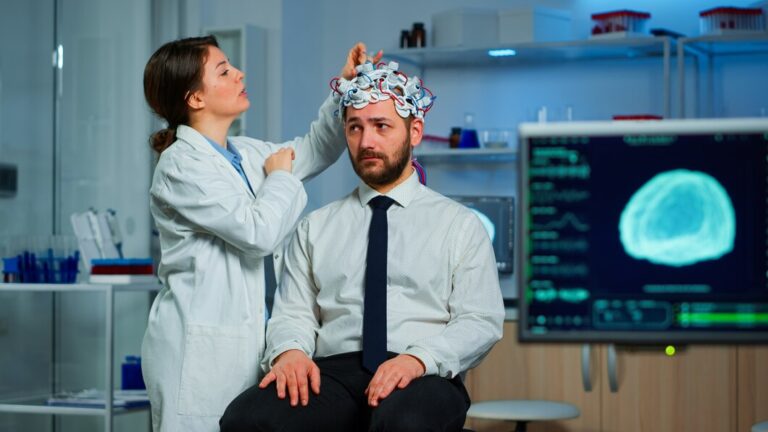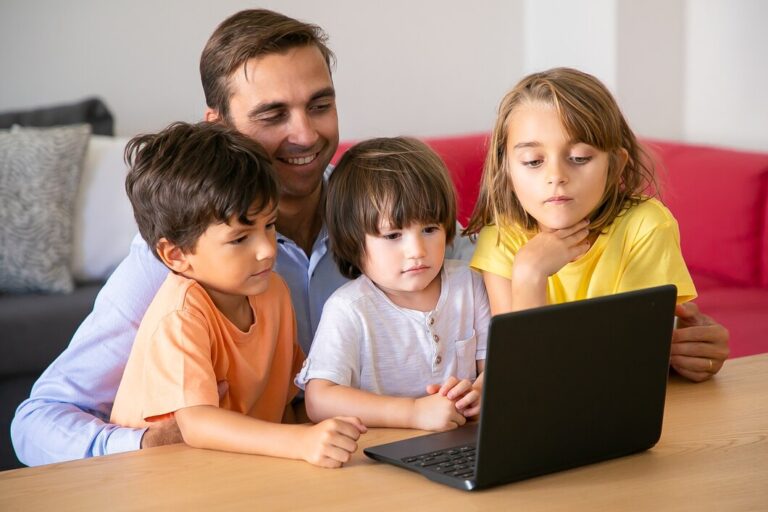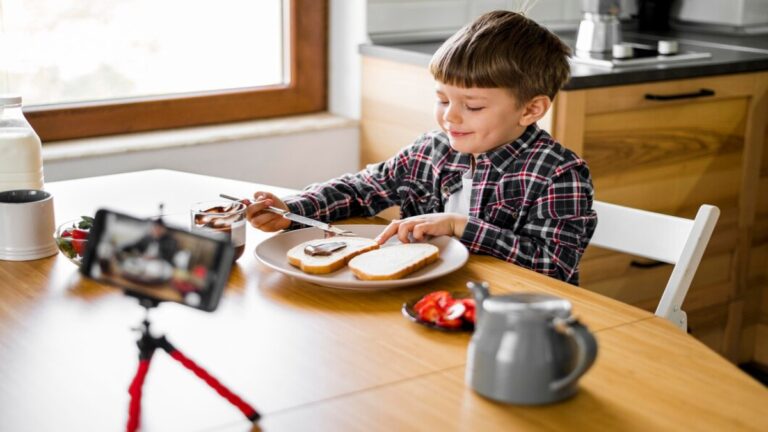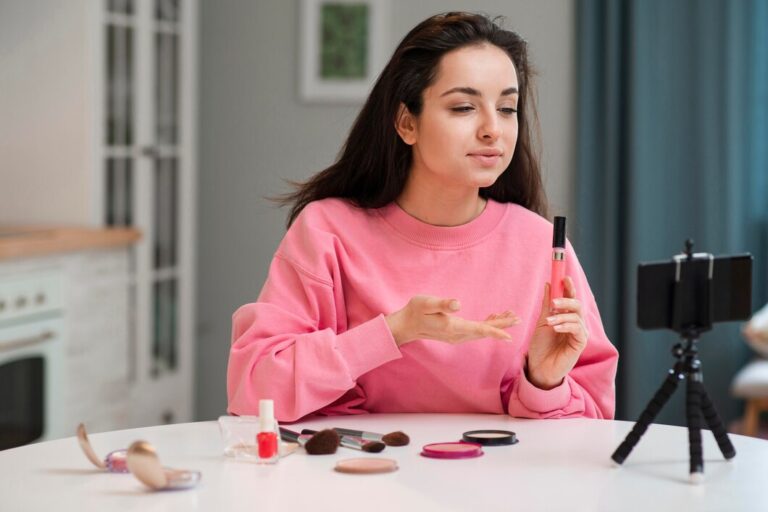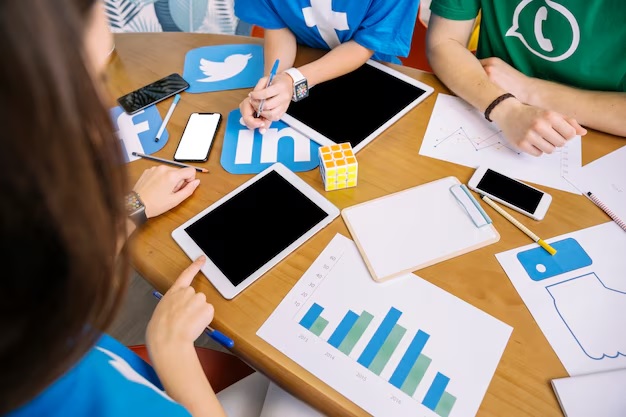
In our hyperconnected world, it’s hard to imagine life without social media. From Facebook to Instagram, Twitter to TikTok, these platforms have become an integral part of our daily lives, shaping how we communicate, share information, and even form relationships. his article explores the transformative Benefits of a Social Media Break, from reclaiming your focus and reducing anxiety to improving your sleep and strengthening your real-world connections. It’s time to discover the power of unplugging.
However, as our reliance on social media grows, so does the need to unplug and take a break from the digital world. In this article, we’ll explore the science behind social media breaks and the benefits they can bring to our mental, emotional, and social well-being.

The Science Behind Social Media Breaks
The Dopamine Connection
At the heart of our social media usage lies a powerful neurotransmitter called dopamine. Dopamine is often referred to as the “feel-good” hormone, as it plays a crucial role in reward and pleasure centers of the brain. Every time we receive a like, comment, or share on social media, our brain releases a dose of dopamine, reinforcing the behavior and creating a feedback loop that keeps us coming back for more.
However, this constant pursuit of digital validation can have detrimental effects on our mental health. According to a study published in the Journal of Neuroscience, “high levels of social media interaction may be linked to increased dopamine release, which can lead to a ‘high’ or ‘rush’ similar to that experienced with substance abuse.”
By taking regular social media breaks, we can help regulate our dopamine levels, reducing the risk of developing addictive behaviors and promoting overall mental well-being.
The Role of Cognitive Load
Cognitive load refers to the amount of mental effort required to complete a task. Research has shown that heavy social media usage can contribute to increased cognitive load, causing feelings of mental fatigue and overwhelm. By taking a break from social media, we can reduce our cognitive load, allowing our brains to rest, recharge, and focus on more important tasks.
A study conducted by the University of California, Irvine found that taking short breaks from technology throughout the day can lead to improved focus, productivity, and overall job satisfaction. By incorporating regular social media breaks into our daily routines, we can experience similar benefits, both at work and in our personal lives.
The Impact on Self-Esteem and Comparison
Social media platforms are designed to showcase the best aspects of people’s lives, often leading to feelings of inadequacy and low self-esteem in users who compare themselves to others. A study published in the journal Cyberpsychology, Behavior, and Social Networking found that “frequent Facebook usage was significantly associated with poorer well-being, including decreased life satisfaction and increased depressive symptoms.”
By taking a break from social media, we can reduce the negative impact of constant comparison and focus on building our self-esteem through real-life experiences and relationships.
Practical Applications and Fresh Perspectives
Setting Social Media Boundaries
One practical way to incorporate social media breaks into your life is by setting boundaries around your usage. This can include designating specific times of the day for social media use, turning off notifications, or even implementing a “social media Sabbath” where you abstain from using these platforms for an entire day.
Replacing Social Media with Alternative Activities
Another strategy for making the most of your social media breaks is by replacing your screen time with alternative activities that promote mental, emotional, and social well-being. This could include reading a book, going for a walk, practicing meditation, or engaging in face-to-face conversations with friends and family.
Cultivating Mindfulness
Mindfulness is the practice of being fully present and engaged in the current moment. By cultivating mindfulness, we can become more aware of our social media usage patterns and the impact they have on our well-being. This increased self-awareness can empower us to make more intentional choices about how and when we engage with social media.
Conclusion
In today’s digital age, social media breaks are not only beneficial but essential for maintaining our mental, emotional, and social well-being. By understanding the science behind these breaks and implementing practical strategies for incorporating them into our daily lives, we can reduce the negative impacts of constant connectivity and reap the rewards of a more balanced, fulfilling existence.
Frequently Asked Questions
- How long should a social media break last?
There is no one-size-fits-all answer to this question, as the ideal length of a social media break will vary depending on individual needs and circumstances. However, research suggests that even short breaks of just a few days can lead to significant improvements in mental well-being.
2. Will I miss out on important information or events by taking a social media break?
While it’s possible that you may miss out on some updates or invitations, the benefits of a social media break often outweigh the potential drawbacks. By prioritizing your mental and emotional well-being, you’ll be better equipped to engage with the world around you and make meaningful connections with others.
3. How can I stay connected with friends and family without using social media?
There are many alternative ways to stay connected with loved ones, including phone calls, video chats, text messages, and in-person gatherings. By focusing on more personal forms of communication, you can build deeper, more meaningful relationships.
